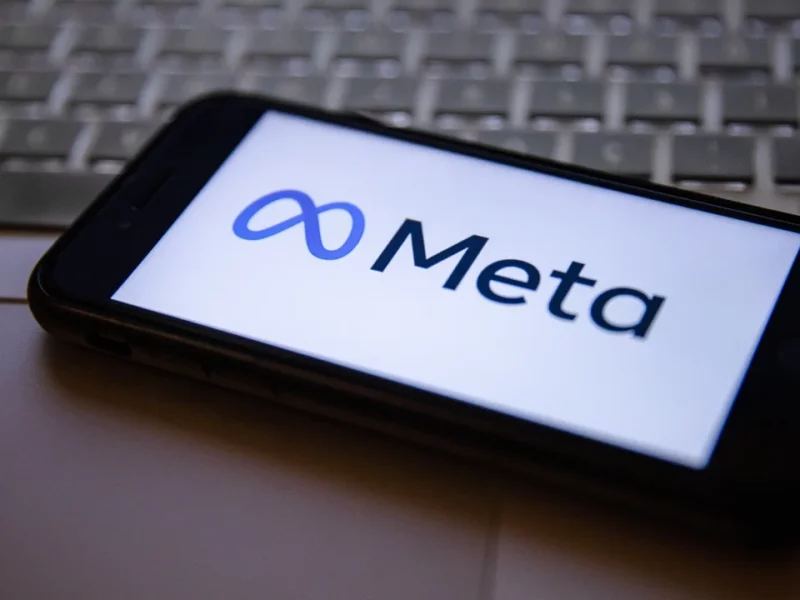Meta is now preventing political advertisers from utilizing the company’s new artificial intelligence tools designed to assist brands in creating text, backgrounds, and other promotional content. This decision has been made to mitigate potential risks associated with the technology.
A spokesperson for the company informed CNN that Meta has revised its advertising tool policies to impose restrictions on their usage in campaigns linked to elections, politics, and social issues. These limitations also extend to ad campaigns categorized as housing, employment, credit, health, pharmaceuticals, and financial services, as outlined in a public notice available on the informational pages for the affected AI features.
“We believe this approach will enable us to gain a deeper comprehension of potential risks and establish appropriate protective measures for the use of Generative AI in advertisements connected to potentially delicate subjects within regulated industries,” the note further states.
These limitations were initially brought to light by Reuters.
The Generative AI functionalities in question encompass a tool capable of automatically suggesting alterations to content provided by advertisers. This tool offers enhancements to the effectiveness of ads, such as suggesting music options or applying 3D animations to uploaded images, for instance.
Additional tools impacted by these restrictions comprise one that generates product backgrounds and another that modifies marketing text.
These restrictions are being enacted amid growing concerns from policymakers and civil society organizations regarding the potential for AI-generated content to disrupt the democratic process by misleading voters.
In September, a bipartisan group of U.S. senators introduced a bill aiming to prohibit the use of AI “deepfakes” in political advertisements.
Additionally, in August, the Federal Election Commission initiated a procedure that could eventually result in the regulation or prohibition of AI usage in political ads.










